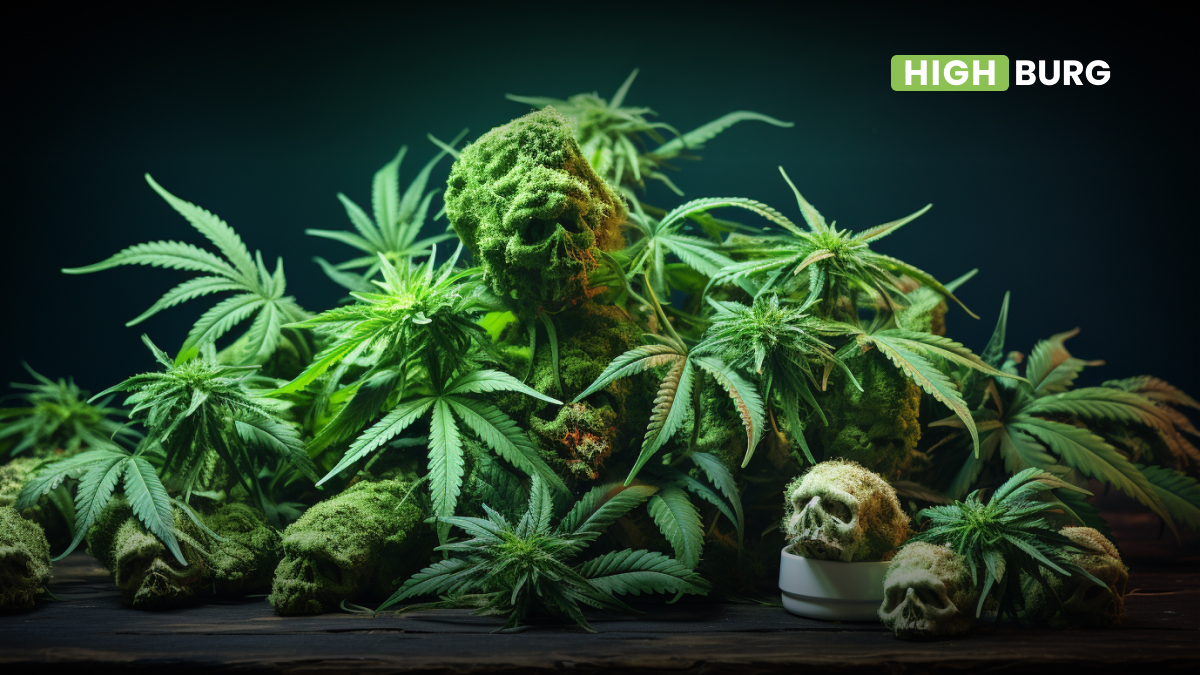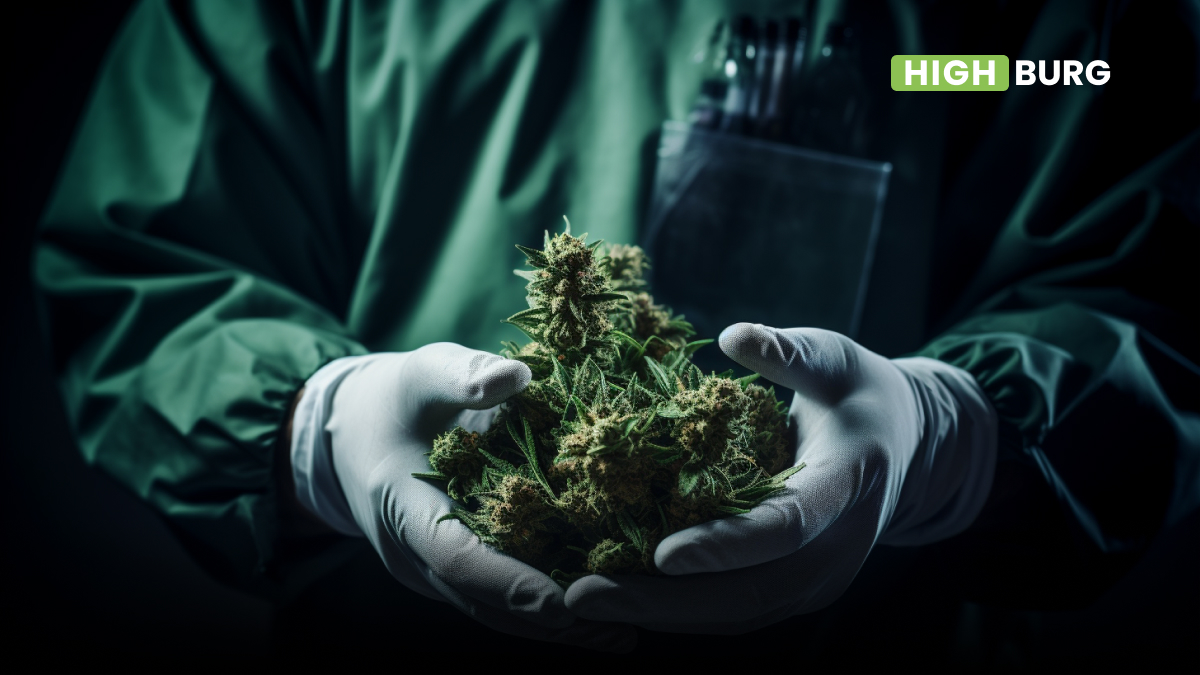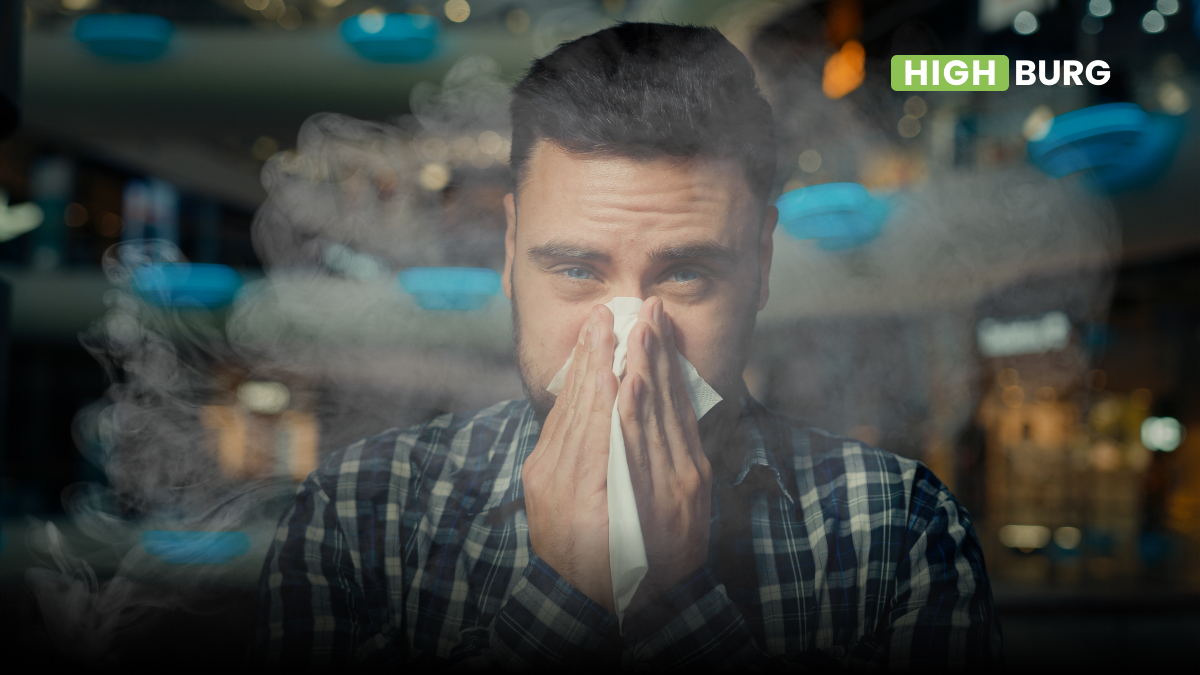Nobody smokes weed to get angry. Having tetrahydrocannabinol (THC) coursing through your system is supposed to make you feel relaxed or maybe even a little loopy. But is this always true? Or, can cannabis actually trigger aggression and irritability in some people?
To understand the science behind this question, it helps to know a bit more about the main psychoactive component in cannabis, THC. It’s the interaction of THC with receptors in the brain that make you feel “high.” Individual factors like genetics, environment and prior experience with cannabis can affect how you react to THC.
So, let’s take a closer look at how this chemical compound might be affecting our moods — particularly when it comes to anger.
The Research
The research is inconclusive, but studies suggest a link between cannabis and hostile emotions. A study that followed 411 men over 50 years determined that chronic cannabis use was more common amongst those with violent convictions. According to the lead researcher, “the results of the present study provide support for a causal relationship between exposure to cannabis and subsequent violent outcomes across a major part of the lifespan.” [1] Another study found that people who used cannabis were more likely to report experiencing interpersonal violence that day. [2]
Cannabis and Paranoia
If cannabis makes some people angry, what’s going on? Well, one factor that could contribute to cannabis-induced aggression is paranoia. A simple misunderstanding can become an ugly brawl when someone’s paranoid.
Significant research ties cannabis to paranoia. For users with a genetic predisposition to paranoia or those consuming large amounts of high-potency cannabis, anger and aggression might mess up their high.
Cannabis and Psychosis
Psychosis is the clinical term for a mental state that includes paranoia, hallucinations, and delusions. Though it’s rare, THC can trigger psychosis in some people — including instances of delusional behavior and violent outbursts.
Cannabis and Genetics
Your genetics also seem to play a role in how you react to THC. Multiple studies show that people with a certain variation of the COMT gene were more likely to experience paranoia, aggression, and psychosis when using cannabis. [ 3]
The Solution
Of course, it’s important to point out that the vast majority of people who use cannabis don’t become hostile or aggressive. In fact, some evidence suggests THC can be used to treat depression and anxiety.
Still, if you find that cannabis is making you irritable or angry, consider these steps:
-Start by being aware of your mental state.
– Reduce your dosage or the potency.
– If possible, avoid smoking with people you don’t know well.
– Take breaks from using if you feel yourself getting angry, or switch up your strain
The Bottom Line
So, can cannabis make you angry? The answer is not clear-cut. While it is usually associated with relaxation or euphoria, it appears that there’s a statistical relationship between cannabis use and elevated levels of hostility. However, further research is needed to draw any concrete conclusions.
In the meantime, it’s important to remember that everyone reacts differently. A strain that puts your friend to sleep could make you feel jumpy and alert. If using cannabis leaves you feeling angry, it may be best to take a break and explore other methods of relaxation.
Whatever your decision, make sure that you’re staying safe and mindful when using cannabis.
References:
- Schoeler, T et al. “Continuity of cannabis use and violent offending over the life course.” Psychological medicine vol. 46,8 (2016): 1663-77. doi:10.1017/S0033291715003001
- Ansell, Emily B et al. “Effects of marijuana use on impulsivity and hostility in daily life.” Drug and alcohol dependence vol. 148 (2015): 136-42. doi:10.1016/j.drugalcdep.2014.12.029
- Fatjó-Vilas, M., et al. “COMT Genotypes, Cannabis Use, and Psychosis: Gene-Environment Interaction Evidence from Human Populations, and Its Methodological Concerns.” Handbook of Cannabis and Related Pathologies, 2017, pp. e29-e41, https://doi.org/10.1016/B978-0-12-800756-3.00031-4.



